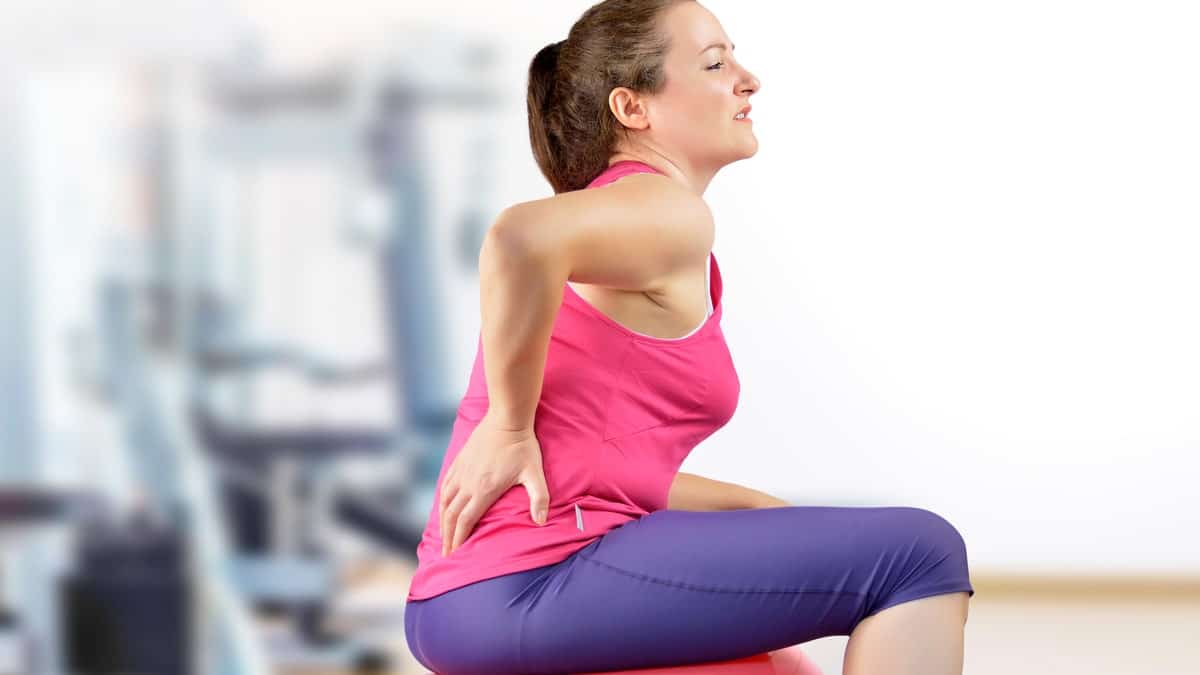Blog
Caffeine Reduces Pain During Exercise
We all know caffeine wakes us up, helps us focus, and makes our brains sharp. Caffeine also has a myriad of health benefits, from helping us lose weight to protecting heart health. Now scientists are looking at how caffeine impacts athletic performance. For athletes, caffeine is known to boost sports performance, which usually is attributed to caffeine’s mental boosting ability. A study by researchers from the University of Illinois at Urbana-Champaign (UIUC) shed additional light on caffeine’s performance-boosting ability and found a surprising result. It seems that caffeine also reduces pain during exercise!
The University of Illinois Study
The study recruited 25 participants, who were fit, college-aged males and divided them into two groups: subjects whose everyday caffeine consumption was extremely low to non-existent, and those with an average caffeine intake of about 400 milligrams a day, the equivalent of four cups of coffee.
After completing an initial exercise test in the lab on an ergometer, or stationary cycle, for determination of maximal oxygen consumption or aerobic power, subjects returned for two monitored high-intensity, 30-minute exercise sessions.
An hour before each session, cyclists – who had been instructed not to consume caffeine during the prior 24-hour period – were given a pill. On one occasion, it contained a dose of caffeine measuring 5 milligrams per kilogram of body weight (equivalent to two to three cups of coffee); the other time, they received a placebo.
The Study Results
During both exercise periods, subjects’ perceptions of quadriceps (thigh) muscle pain were recorded at regular intervals, along with data on oxygen consumption, heart rate, and work rate.
The results showed that caffeine reduces pain perception reliably, consistently during cycling, across different intensities, across different people, and different characteristics. Surprisingly, pain during exercise doesn’t show tolerance effects to caffeine, meaning that caffeine-naïve individuals and habitual users have the same amount of reduction in pain during exercise after caffeine consumption. This is good news for those of us who enjoy caffeine regularly.
The next step for scientists is to study this phenomenon in animals, which will help them determine how caffeine has these pain-relieving effects at the biological level.
Practical Applications of Study Results
One of the practical applications of this study, suggested by the researchers, is that — if you go to the gym and you exercise and it hurts, you may be more likely to stop because pain is an aversive stimulus that tells you to withdraw. However, if you take some caffeine and reduce the amount of pain you are experiencing, you would more likely stick with that exercise and reap the health benefits.
Resistance to exercise impacts a great deal of people, and affects their general health including weight, heart health, and mental health. Reducing barriers to regular exercise is critical to creating and maintaining overall health and wellness. Giving people an effective and likely pleasurable way to reduce pain during working out can impact their lives in an entirely positive way.
In addition, this is revolutionary for people who do work out intensely, because workout and post-workout pain can become a way of life for the athlete and damage quality of life.
Try a Seattle Gummy Caffeine Chew Today
For a performance-enhancing and pain-reducing dose of caffeine, check out Seattle Gummy’s Mocca Shot high caffeine plant-based gummy or their Energon Qube Power Up pre-workout gummy. With the Mocca Shot resealable pouch packing 2 coffee cups worth of caffeine, Mocca Shots provide a quick and convenient way for you to get that extra boost of energy before, during, or after your workout. The caffeine in a Mocca Shot gummy and the Energon Qube is more easily absorbable than the caffeine found in coffee, tea, or an energy drink. Because you are chewing the gummy, the natural caffeine is absorbed through the thin skin in your mouth, and is hitting your bloodstream within minutes of chewing! Liquid sources of caffeine need to be digested and take around 45 minutes before being absorbed by the body. The Mocca Shot and Energon Qube also have performance-enhancing herbs like Ginkgo Biloba and Ginseng. Both contain high-performance B Vitamins to boost energy and feed your brain, giving you the mental energy a tough workout requires. Try Seattle Gummy today and feel the difference quality makes.
Journal Reference:
Robert WMotl et al. Effect of caffeine on perceptions of leg muscle pain during moderate-intensity cycling exercise The Journal of Pain
Volume 4, Issue 6, August 2003, Pages 316-321

